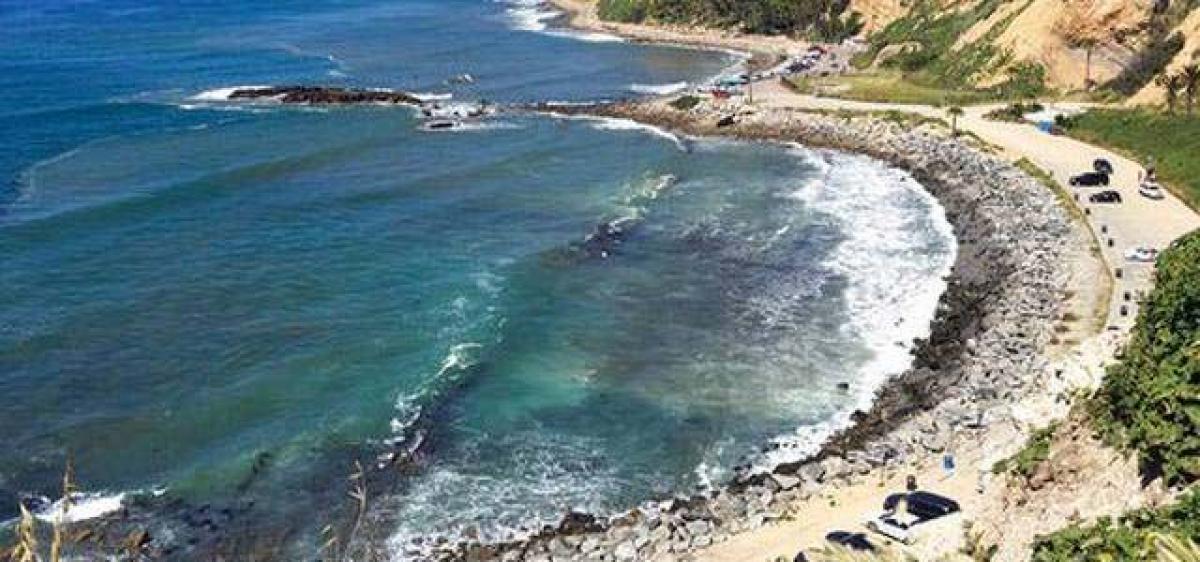Study predicts major Southern California beaches erosion

Using a new computer model, US scientists predict that 31 to 67 per cent of Southern California beaches could be severely damaged by the year 2100 due to rising sea levels.
New York: Using a new computer model, US scientists predict that 31 to 67 per cent of Southern California beaches could be severely damaged by the year 2100 due to rising sea levels.
According to a new study, published in Journal of Geophysical Research, predictions of shoreline change with limited human intervention indicate that 31 to 67 per cent of Southern California beaches may become completely eroded by 2100 under predicted scenarios of one to two meters.
"Beaches are perhaps the most iconic feature of California, and the potential for losing this identity is real. The effect of California losing its beaches is not just a matter of affecting the tourism economy," Xinhua news agency quoted Sean Vitousek, author of the study, as saying.
"Losing the protecting swath of beach sand between us and the pounding surf exposes critical infrastructure, businesses and homes to damage. Beaches are natural resources, and it is likely that human management efforts must increase in order to preserve them," he added.
Scientists apply "CoSMoS-COAST," a newly-developed shoreline change computer modeling system for coastal hazard assessment and management planning, to simulate sandy shoreline evolution along 500 km of coastline in Southern California.
"Beaches in Southern California are a crucial feature of the economy, and the first line of defense against coastal storm impacts for the 18 million residents in the region," said US Geological Survey (USGS) geologist and co-author, Patrick Barnard.
Although 72 per cent of beaches in Southern California show historical trends of accretion or getting larger, due to large artificial beach nourishments since the 1930s, future predictions indicate that nearly all of the beaches will experience erosion due to accelerated sea-level rise, according to the study.










